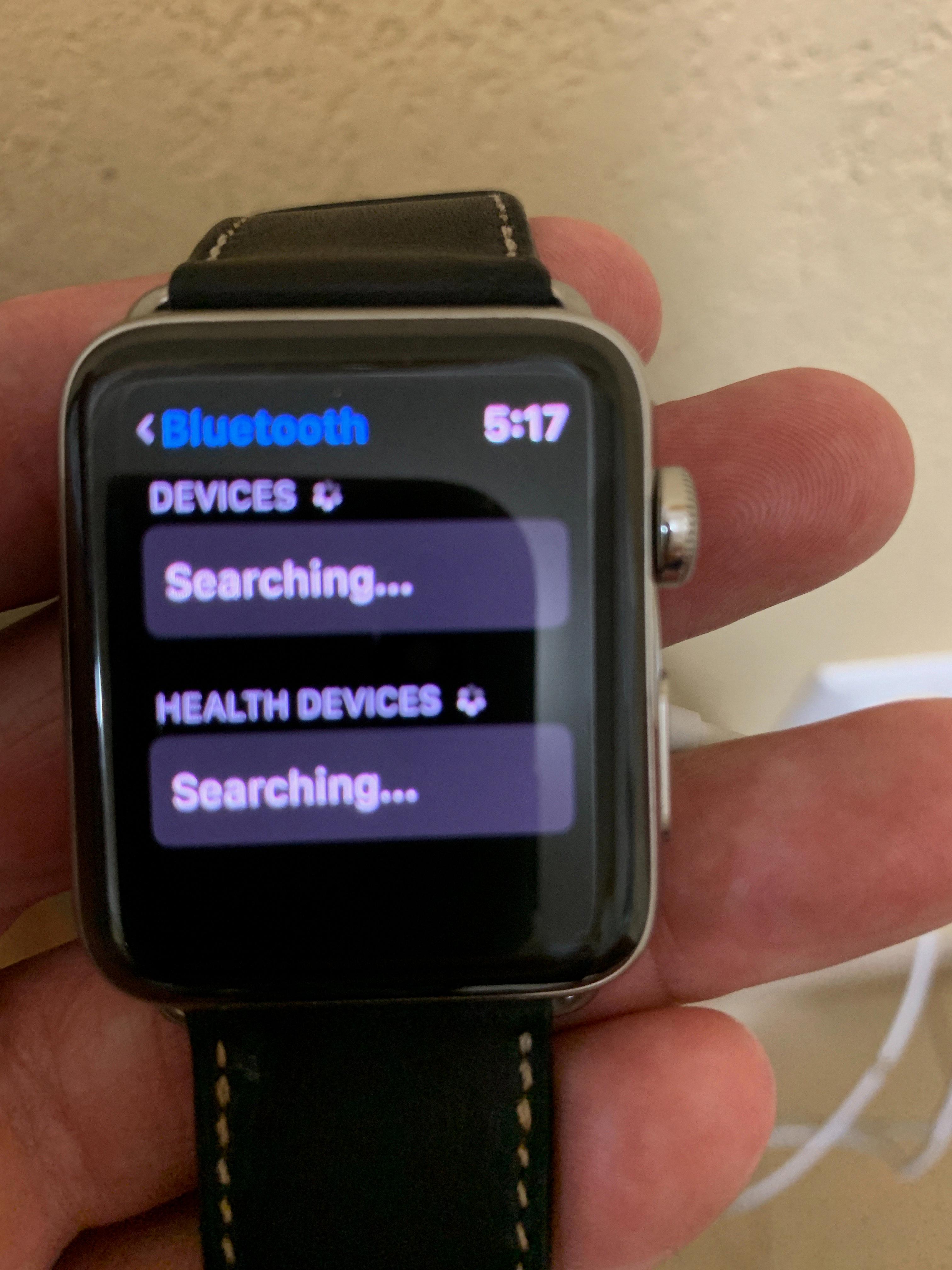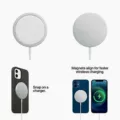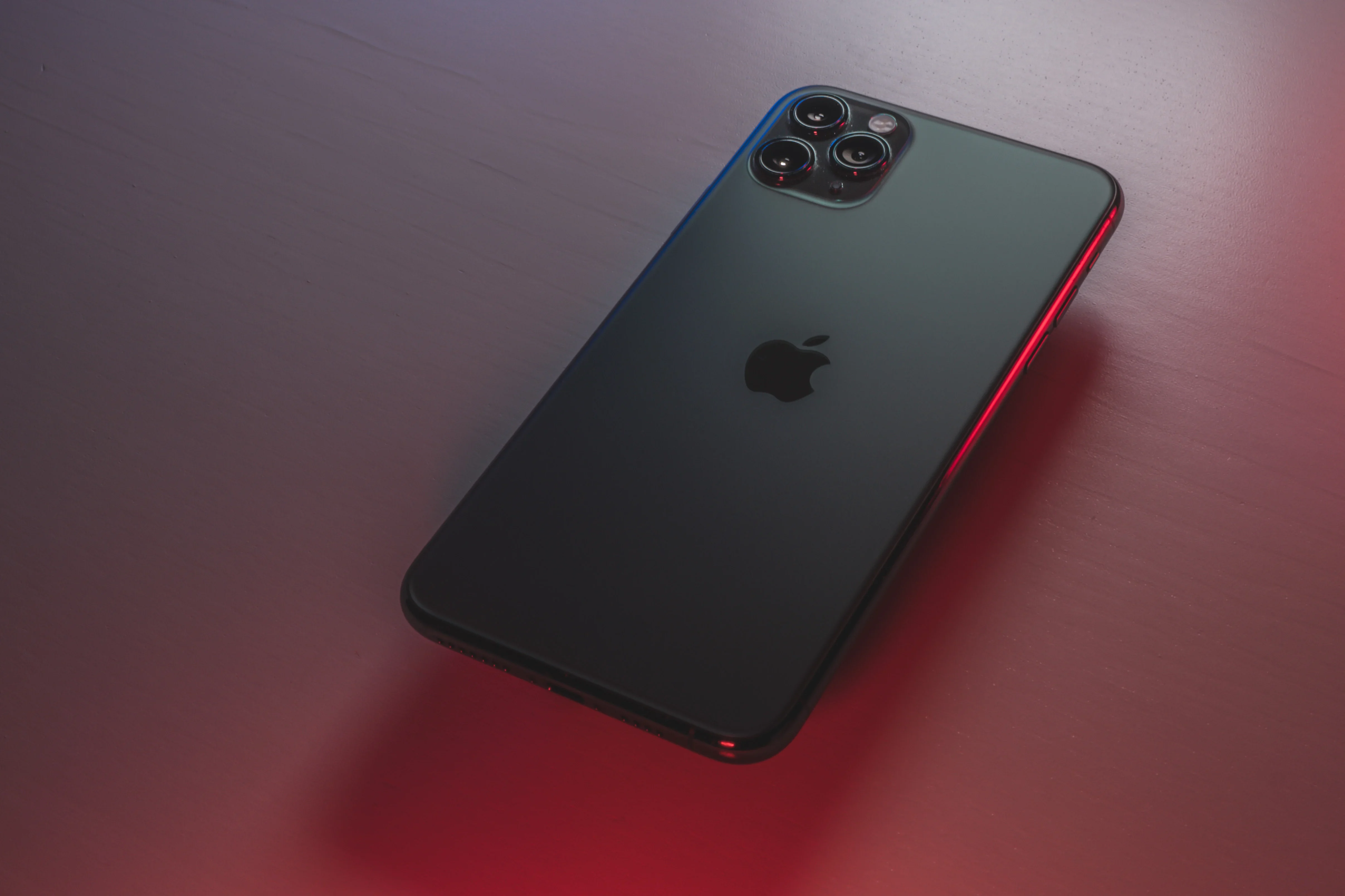Wi-Fi has become an essential part of our lives, connecting us to the digital world and enabling us to stay connected wherever we go. Whether it’s for work, entertainment, or simply staying in touch with loved ones, having a reliable Wi-Fi connection is crucial. But have you ever wondered if you should leave your Wi-Fi turned on all the time, especially on your phone? Let’s explore the reasons why you might want to consider leaving it on or turning it off.
One of the main reasons people choose to leave their Wi-Fi on is convenience. With Wi-Fi enabled, your phone will automatically connect to any available networks, saving you from manually entering passwords or using up your mobile data. This is particularly useful when you’re at home or in places with secure and reliable Wi-Fi networks.
Additionally, leaving Wi-Fi on can help improve network security. When connected to a trusted Wi-Fi network, your data is encrypted, making it harder for hackers to intercept your personal information. This is especially important when you’re accessing sensitive information like online banking or making online purchases. By using Wi-Fi instead of cellular data, you can lower the risk of potential security breaches.
Another advantage of leaving Wi-Fi on is that it frees up bandwidth for your other connected devices. If you have multiple devices connected to your Wi-Fi network, such as smart TVs, gaming consoles, or laptops, turning off Wi-Fi on your phone can help ensure a smoother and faster connection for these devices. This is particularly beneficial if you engage in activities that require a lot of bandwidth, like streaming high-definition videos or playing online games.
On the other hand, there are a few reasons why you might want to consider turning off Wi-Fi on your phone. One of the main concerns is the cost and affordability of Wi-Fi services. Some internet service providers charge a monthly fee for Wi-Fi access, and if you’re not using it frequently or have a limited data plan, it might be more cost-effective to rely solely on cellular data.
Another reason to turn off Wi-Fi is if you’re experiencing connectivity issues or slow internet speeds. Sometimes, certain Wi-Fi networks can be overcrowded or have weak signals, resulting in a frustrating browsing experience. In such cases, switching to cellular data might provide a more reliable and faster connection.
Lastly, some people are concerned about the security risks associated with Wi-Fi connections. While Wi-Fi networks with strong passwords and encryption protocols are generally safe, there is still a small chance of unauthorized access or hacking. By turning off Wi-Fi when you’re not using it, you can minimize the risk of potential security breaches.
So, should you leave your Wi-Fi turned on on your phone? The answer ultimately depends on your personal preferences and circumstances. If you rely heavily on Wi-Fi networks, have a secure connection, and want to save on mobile data, leaving it on is a convenient option. However, if you have limited data, experiencing connectivity issues, or have concerns about security, turning off Wi-Fi might be a better choice.
It’s important to consider the advantages and disadvantages of leaving Wi-Fi on or turning it off on your phone. Assess your usage patterns, security concerns, and cost considerations to make an informed decision that best suits your needs.
Is It OK To Leave Wi-Fi On All The Time?
Leaving your Wi-Fi on all the time is perfectly fine and actually recommended by experts in the field. There is no need for your Wi-Fi router to have any rest periods like other electronic devices. It is specifically designed to be operational 24/7, every single day of the year.
Here are a few reasons why it is beneficial to leave your Wi-Fi on all the time:
1. Convenience: By keeping your Wi-Fi on, you eliminate the need to constantly turn it on and off whenever you want to connect your devices. This allows for a seamless and uninterrupted internet experience.
2. Accessibility: Leaving your Wi-Fi on ensures that all your devices can connect to the network whenever they need to. If you frequently turn it off, you may miss out on important notifications or updates that require an internet connection.
3. Time-saving: Having your Wi-Fi on all the time saves you the hassle of waiting for it to boot up every time you want to use it. This is especially important if you rely heavily on your internet connection for work or other time-sensitive tasks.
4. Network stability: Wi-Fi routers are designed to handle continuous usage without any issues. Turning it off frequently may disrupt the network stability and result in slower speeds or connection drops when you turn it back on.
5. Security updates: Many Wi-Fi routers receive firmware updates from manufacturers to address any security vulnerabilities. By leaving your Wi-Fi on, you ensure that these updates are automatically installed, keeping your network more secure.
It is worth noting that leaving your Wi-Fi on does not significantly impact energy consumption or increase your electricity bill. Modern routers are designed to be energy-efficient and consume very little power.
It is absolutely fine to leave your Wi-Fi on all the time. In fact, it is recommended to do so for the sake of convenience, accessibility, network stability, and security updates.

What Happens When Wi-Fi Is Turned Off?
When Wi-Fi is turned off, several things happen:
1. Network security: Turning off Wi-Fi helps improve network security by eliminating the risk of unauthorized access to your network. Wi-Fi signals can extend beyond the walls of your home or office, making it easier for potential hackers to intercept your data. By turning off Wi-Fi, you eliminate this vulnerability and reduce the risk of unauthorized access.
2. Bandwidth allocation: Wi-Fi consumes a portion of your internet bandwidth, even when no devices are connected. By turning off Wi-Fi, you free up some bandwidth that can be allocated to your wired devices, such as desktop computers or gaming consoles. This can result in improved performance for these devices.
3. Power savings: Wi-Fi routers consume electricity to constantly transmit signals and maintain a wireless network. When you turn off Wi-Fi, you save power and reduce your energy consumption. This can lead to lower electricity bills and a more environmentally friendly setup.
4. Privacy: Wi-Fi networks have unique names, known as SSIDs (Service Set Identifiers), which are broadcasted to allow devices to detect and connect to them. When your Wi-Fi is turned off, your network’s SSID is no longer visible to other devices, providing an additional layer of privacy. This means that only people who know your network’s name and manually enter it into their devices can connect to your Wi-Fi.
Turning off Wi-Fi enhances network security, frees up bandwidth for wired devices, saves power, and adds an extra layer of privacy by hiding your network’s SSID.
Why Would Someone Turn Off Wi-Fi On Phone?
There are several reasons why someone might choose to turn off Wi-Fi on their phone. Some of these reasons include:
1. Cost: Using Wi-Fi can consume data from your internet service provider, which may result in additional charges if you exceed your monthly data limit. By turning off Wi-Fi, you can rely solely on your cellular data plan and avoid any potential overage fees.
2. Affordability: In some cases, individuals may not have an unlimited data plan or access to Wi-Fi networks that are free or affordable. In such situations, turning off Wi-Fi can help conserve data and reduce costs associated with internet usage.
3. Need for a Wi-Fi connection: While Wi-Fi offers a faster and more stable internet connection, there may be instances where a Wi-Fi network is not available or is unreliable. In such cases, turning off Wi-Fi allows your phone to switch to a cellular data connection, ensuring that you can still access the internet when needed.
4. Security concerns: Wi-Fi networks can be vulnerable to hacking, especially if they are public or unsecured. By turning off Wi-Fi, you eliminate the risk of connecting to potentially unsafe networks and mitigate the chances of your personal information being compromised.
5. Battery life: Wi-Fi consumes a significant amount of battery power, especially when actively searching for and connecting to networks. By disabling Wi-Fi, you can extend your phone’s battery life and ensure that it lasts longer throughout the day.
Turning off Wi-Fi on your phone can help save costs, ensure a reliable internet connection, address security concerns, and conserve battery life. It ultimately comes down to personal preferences and circumstances.
Should Wi-Fi Be On All The Time On My Phone?
Wi-Fi is a useful feature on smartphones as it allows you to connect to the internet using local wireless networks. However, whether you should keep your Wi-Fi turned on all the time depends on your usage patterns and preferences. Here are some factors to consider:
1. Battery Life: Wi-Fi consumes battery power, especially when actively searching for networks. If you spend more time connected to cellular data networks and rarely use Wi-Fi, keeping it turned off can help save your battery.
2. Data Usage: Using Wi-Fi for internet access instead of cellular data can help minimize your data usage, especially if you have a limited data plan. If you have access to reliable Wi-Fi networks and want to conserve your data, leaving Wi-Fi on can be beneficial.
3. Network Availability: If you frequently move between areas with Wi-Fi coverage, leaving Wi-Fi turned on ensures that your device automatically connects to available networks. This can provide a more stable and potentially faster internet connection compared to cellular data.
4. Security: Wi-Fi networks, especially public ones, can pose security risks. If you are not using Wi-Fi or don’t trust the network’s security, it’s recommended to keep it turned off to minimize potential vulnerabilities.
Whether you should keep Wi-Fi turned on all the time on your phone depends on your individual needs. If you spend more time connected to Wi-Fi networks, want to save data, or frequently move between areas with Wi-Fi coverage, leaving it on can be advantageous. However, if you prioritize battery life, have limited access to reliable Wi-Fi, or are concerned about security risks, it might be better to keep Wi-Fi turned off when not in use.
Conclusion
Whether or not to turn off your Wi-Fi depends on your specific needs and circumstances. It is generally recommended to leave your Wi-Fi router on 24/7 as it is designed to work continuously without the need for rest. However, there are some valid reasons to consider turning off Wi-Fi.
Firstly, turning off Wi-Fi when you’re not using it can enhance network security. By disabling the Wi-Fi connection, you reduce the risk of unauthorized access to your network and protect your sensitive information from potential hackers or attackers. This is particularly important if you have valuable data or personal information stored on your devices.
Secondly, turning off Wi-Fi can free up bandwidth for your wired devices. If you have multiple devices connected to your network, disabling Wi-Fi when not in use can ensure that your wired devices, such as desktop computers or gaming consoles, have a faster and more stable internet connection.
Additionally, turning off Wi-Fi can be a cost-saving measure. Some internet service providers charge based on data usage, so if you’re not actively using Wi-Fi, disabling it can help you save on your monthly internet bill. This can be particularly relevant for individuals or businesses on a tight budget.
Lastly, if you don’t have location-based Wi-Fi capabilities on your device and spend more time connected to cellular networks than Wi-Fi, it may be advantageous to keep Wi-Fi turned off to save battery life. Constantly searching for and connecting to Wi-Fi networks can drain your device’s battery, so if you primarily rely on cellular data, disabling Wi-Fi can help extend your battery life.
Ultimately, the decision to turn off Wi-Fi or leave it on depends on your individual circumstances and preferences. Consider factors such as network security, bandwidth allocation, cost, and battery life to determine what works best for you.








